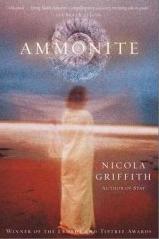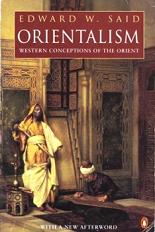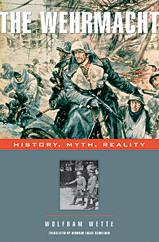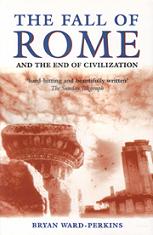The Red Pavillion – Robert van Gulik.
A mock-historical detective story, based on an 18th century Chinese mystery novel starring Judge Dee, who was himself based on the historical Judge Dee and whom van Gulik appropriated for his series. You could call it orientalist, if not for the matter of factness with which the series treats its setting.
The Peoples of the Hills – Charles Burney & David Marshall Lang.
Worthy but slightly dull attempt to chronicle the early history of Armenia, Georgie, Eastern Turkey and the Caucasus by an archaeologist and a historian. The edition I read was from 2001, but this book was written in 1971, so it’s probably dated by now.
The Steep Approach to Garbadale – Iain Banks.
An enjoyable novel about a large sprawling Scottish family with a deep dark secret at its core, yes, somewhat like The Crows Road
The Jennifer Morgue – Charlie Stross.
The sequel to The Atrocity Archives, a fun spy romp mixed with geekery and high doses of Lovecraft.
The Earth: an Intimate History – Richard Fortey.
An excellent overview both of geological history of Earth and how geology developed as a science, told by one of the best writers of science books I know.
The Battle of Venezuela – Michael McCaughan.
An introductionary history of Hugo Chavez, the Boliverian Revolution he spearheads and the response he called forth against it. Slightly out of date, as it was written in 2004 but sharp, to the point and not too partisan.
The Wehrmacht: History, Myth, Reality – Wolfram Wette.
After the Second World War Germany was quick to embrace the myth that while they were on the wrong in the war, the Wehrmacht was just doing its duty, did it “with clean hands” and that it was Hitler, Himmler and the SS who were the villains, not the ordinary men serving in the army. This book explodes these myths.
Ammonite – Nicola Griffith.
Excellent science fiction novel by a writer I need to read much more of. Feminist in a very natural way.
Selling Hitler – Robert Harris.
Robert Harris on perhaps the biggest publishing fraud in history: the fake Hitler diaries.
1610: a Sundial in a Grave – Mary Gentle.
A cast iron bitch of a novel, as you should expect of Gentle: a mixture of history, science fiction, Hermetic magic, esoteric knowledge and kinky sex.
Rivers in Time – Peter D. Ward.
A non-fiction book examining the three major extinctions that shaped our world, as well as the fourth one currently going on. Interestingly enough, while the idea that we are currently in a mass extinction event is not new, Ward argues that actually much of it has already finished millennia
ago…
Slaughterhouse Five – Kurt Vonnegut.
I last read this when I was thirteen or fourteen or so, it still held up, though it does feel much more dated than something like Catch-22, an anti-war novel of similar vintage.



